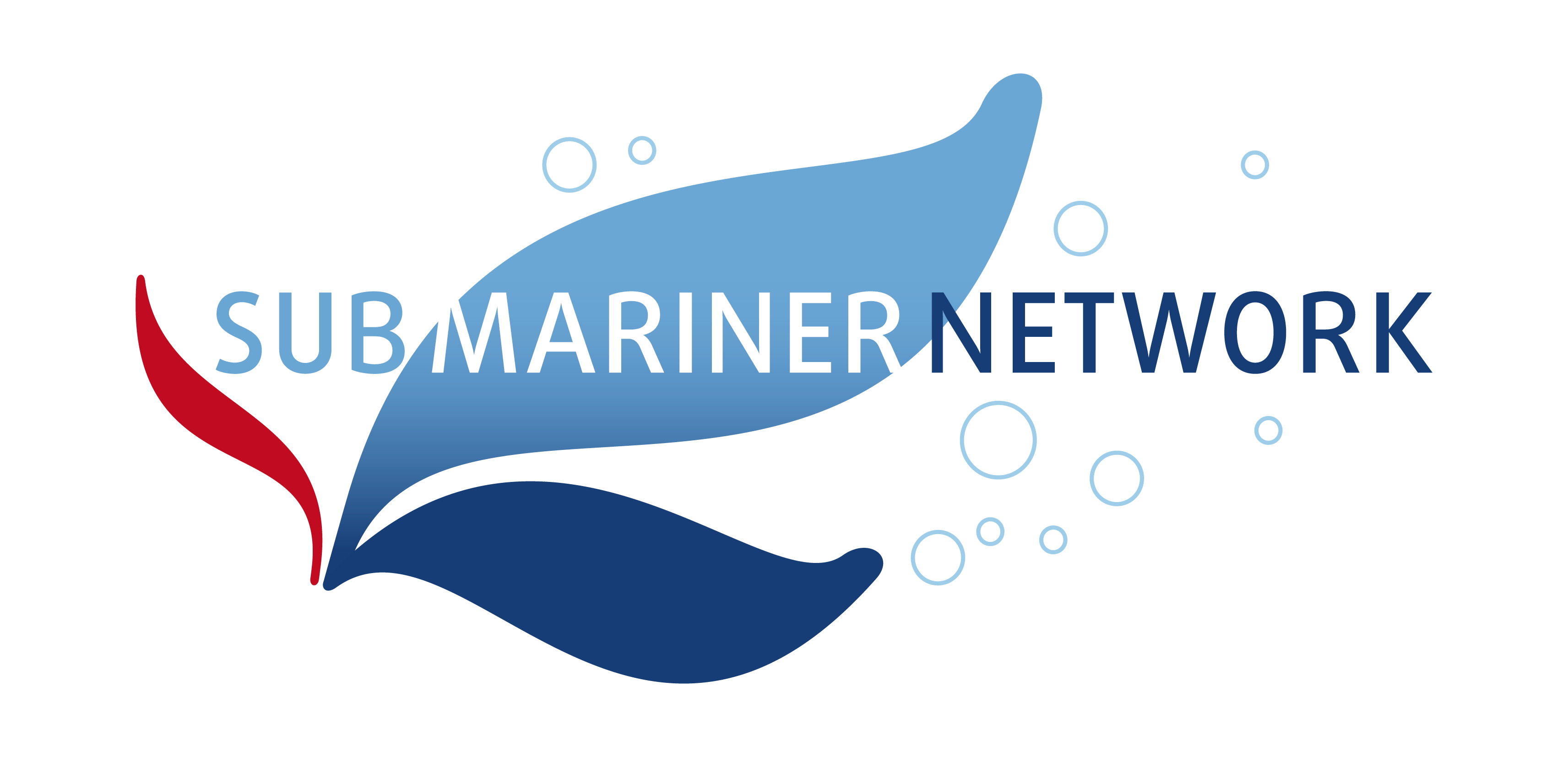Macroalgae offer a means to increase food security, jobs and income while decreasing the nutrient load to eutrophic coastal areas and mitigating the eutrophication effects (Campbell et.al., 2019). For these reasons, macroalgae cultivation and harvesting is seen as a potentially socially, economically, and environmentally sustainable maritime activity, the development of which would support the EU blue growth strategy and blue bioeconomy initiatives.
The environmental conditions necessary for growing macroalgae vary among species. However, the key variables determining their growth are levels of sunlight, nutrients, salinity, and temperature. Due to the difference in these factors in the Baltic Sea the availability of wild grown, beach cast macroalgae and the possibility to cultivate currently commercially viable species varies. Because of the environmental constraints, there are currently only a few types of macroalgae being cultivated and harvested in the Baltic and only a hand full of methods being applied.
This report is a summary of the environmental risks and, most importantly, the benefits of macroalgae cultivation in the Baltic Sea. It is well known that macroalgae need nutrients for growth and assimilate them from the surrounding environment. This is an important quality of macroalgae that could help overtime decrease the levels of phosphorus and nitrate in the Baltic marine environment. This report outlines in detail the ways in which nutrient removal could benefit the Baltic Sea ecosystem.


